



STOR GED -
Sistema de Gestão Eletrônica e Documentos
O STOR GED traz eficiência, segurança e automação para empresas. Em nuvem e integração com ERPs de mercado garantindo rastreabilidade, controle de versões e colaboração em tempo real.
STOR ALIM
Solução inteligente para a gestão de seus projetos
A solução essencial para projetos que precisam de gerenciamento de dados e documentos de forma inteligente e eficaz.
STOR MDB
Gestão integrada e padronização de materiais.
Tenha informações confiáveis com mais de 50 mil códigos prontos para seus projetos.
Tenha o controle total dos custos do seu projeto — do planejamento à execução
Um sistema moderno de gestão de custos ajuda a planejar, controlar o orçamento e acompanhar seus projetos com mais segurança. Saiba como evitar surpresas e tomar decisões com confiança em cada fase.
Entenda o que é o STOR GED?
O STOR GED
(Gestão Eletrônica de Documentos), é um dos módulos do STOR ALIM (Asset Lifecycle Information Management) voltado para o gerenciamento eficiente de documentos. Ele permite o armazenamento, controle, compartilhamento e rastreamento de informações de forma segura, estruturada e inteligente.

Entenda o que é o STOR ALIM
É um ecossistema modular para gerenciamento e distribuição de ativos virtuais, garantindo uma visão holística em todas as fases do projeto, construção, operação e manutenção de ativos físicos
Conheça os benefícios do STOR ALIM
Conheça a STOR GLOBAL
Fundada em 2003, a STOR GLOBAL Technological Services (SGTS) possui sede no Brasil e nos EUA,
atendendo empresas de diversos setores industriais. Especializada em Plant Project Asset Lifecycle Information Management (PP-ALIM).
Quem somos
Fornecedor de soluções tecnológicas para a implantação de projetos de médio e grande porte.
Nosso negócio
Desenvolver e implementar aplicações focadas no gerenciamento de informações do ciclo de vida de projetos e ativos.
Nosso foco
Indústrias de diversos segmentos, empresas de engenharia, construtoras, gerenciadoras e montadoras
Nossos seguimentos
Mineração, Siderurgia
Engenharia, Petróleo e Gás Farmácia, Saúde,
Alimentos, Papel e Celulose Química, Energia e Construção
Conheça alguns clientes do STOR GLOBAL
Estabelecemos uma parceria sólida com nossos clientes, oferecendo muito mais do que um software. Fornecemos soluções eficazes para otimizar o dia a dia de cada um deles.

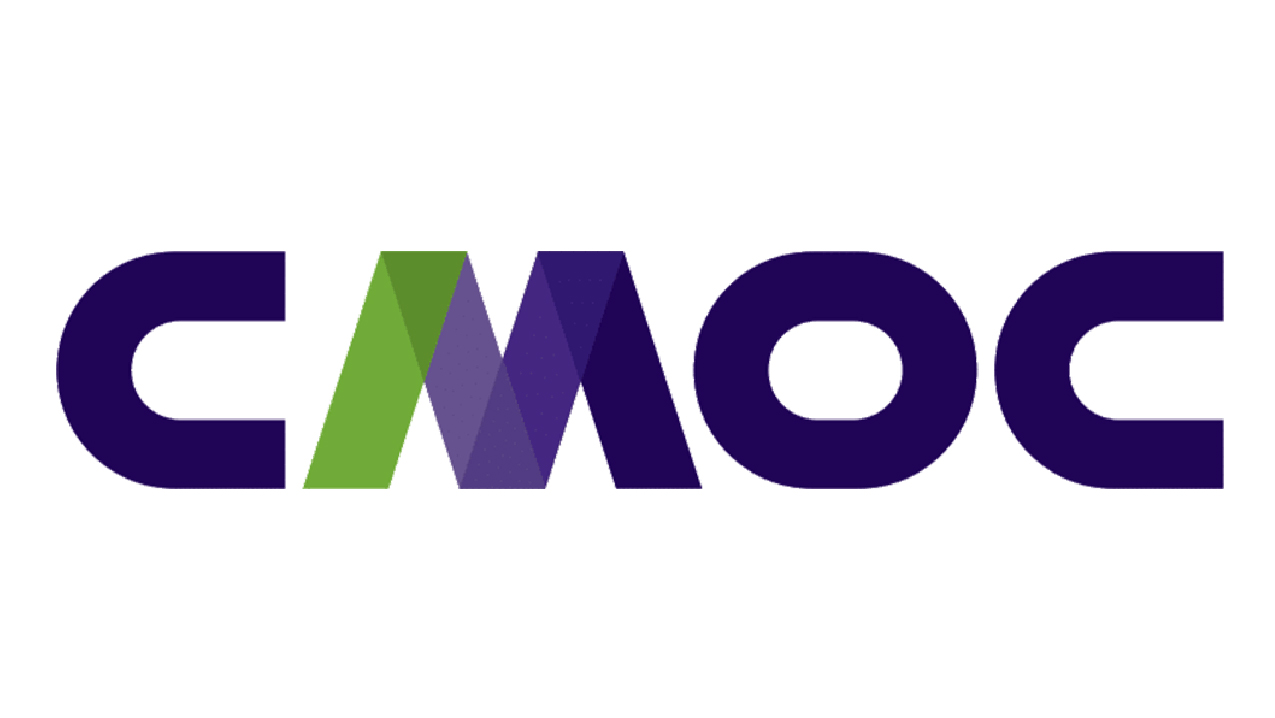
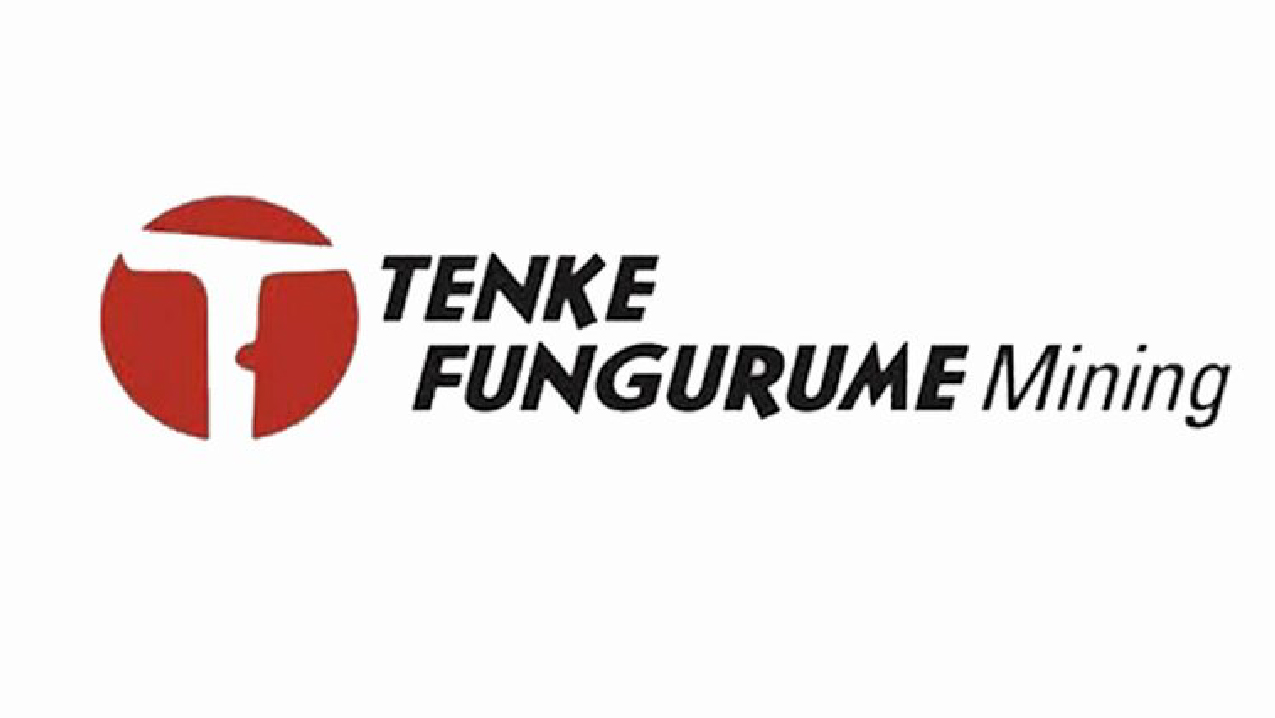
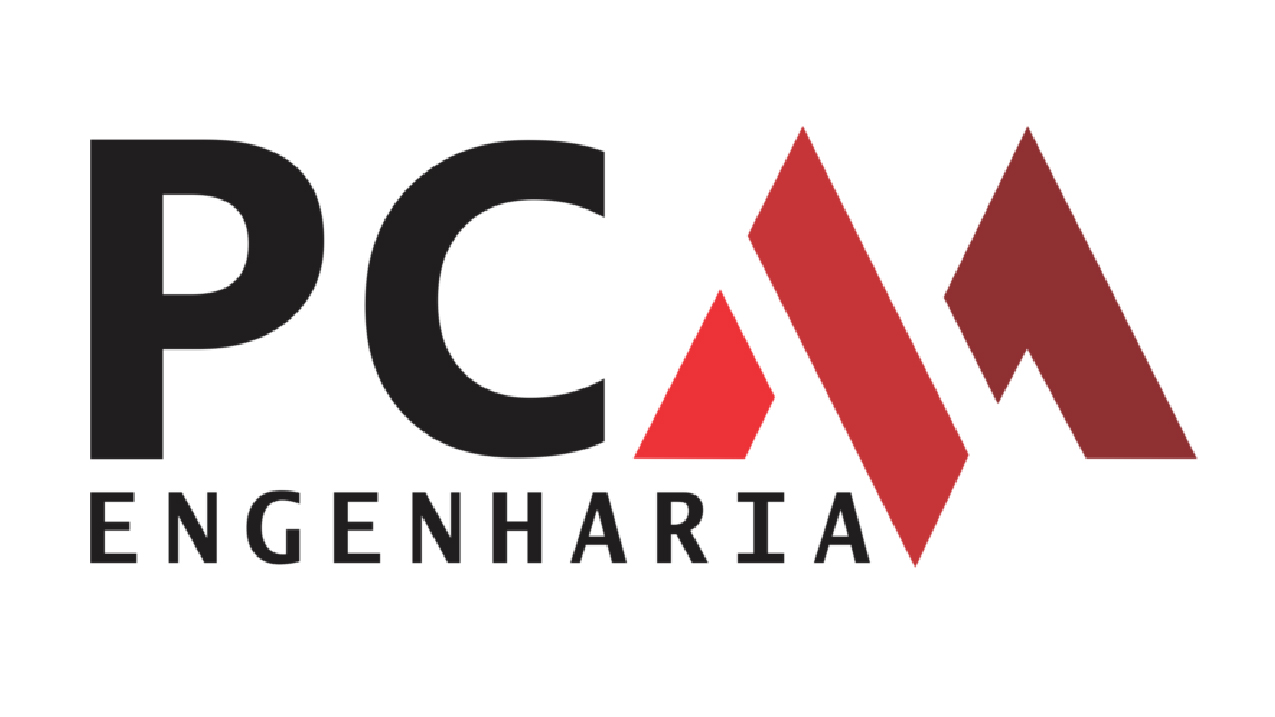
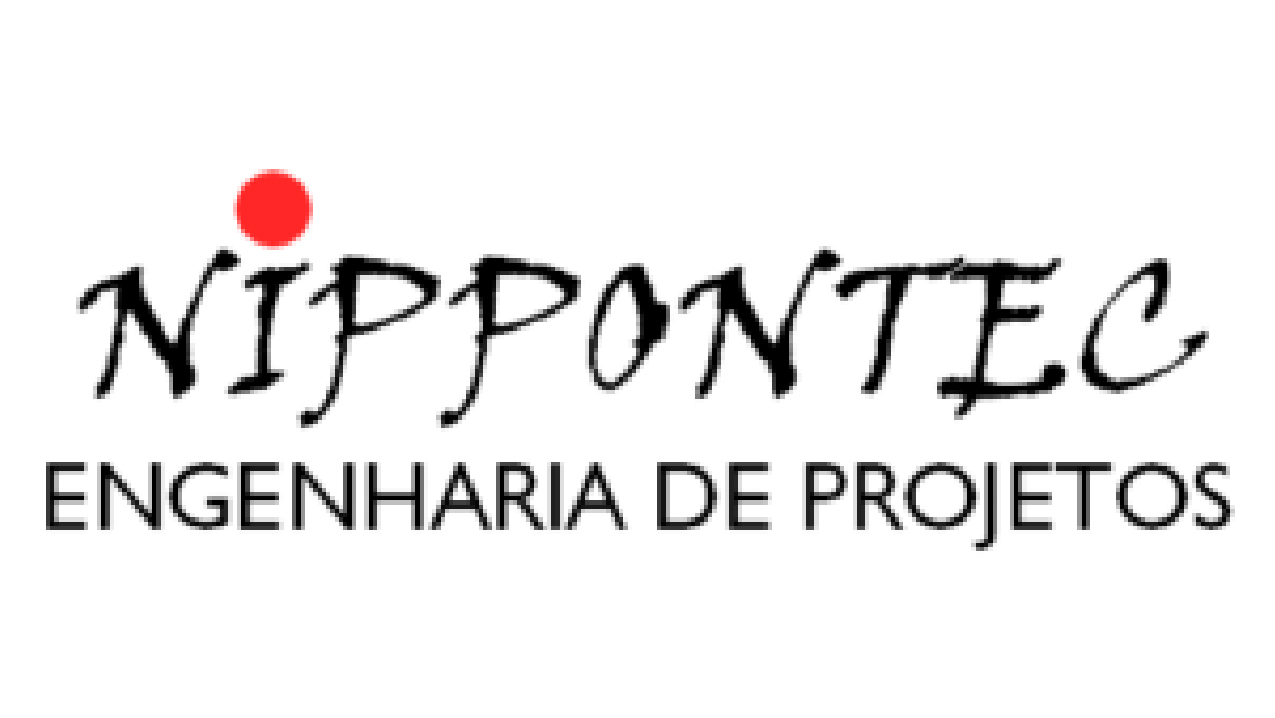
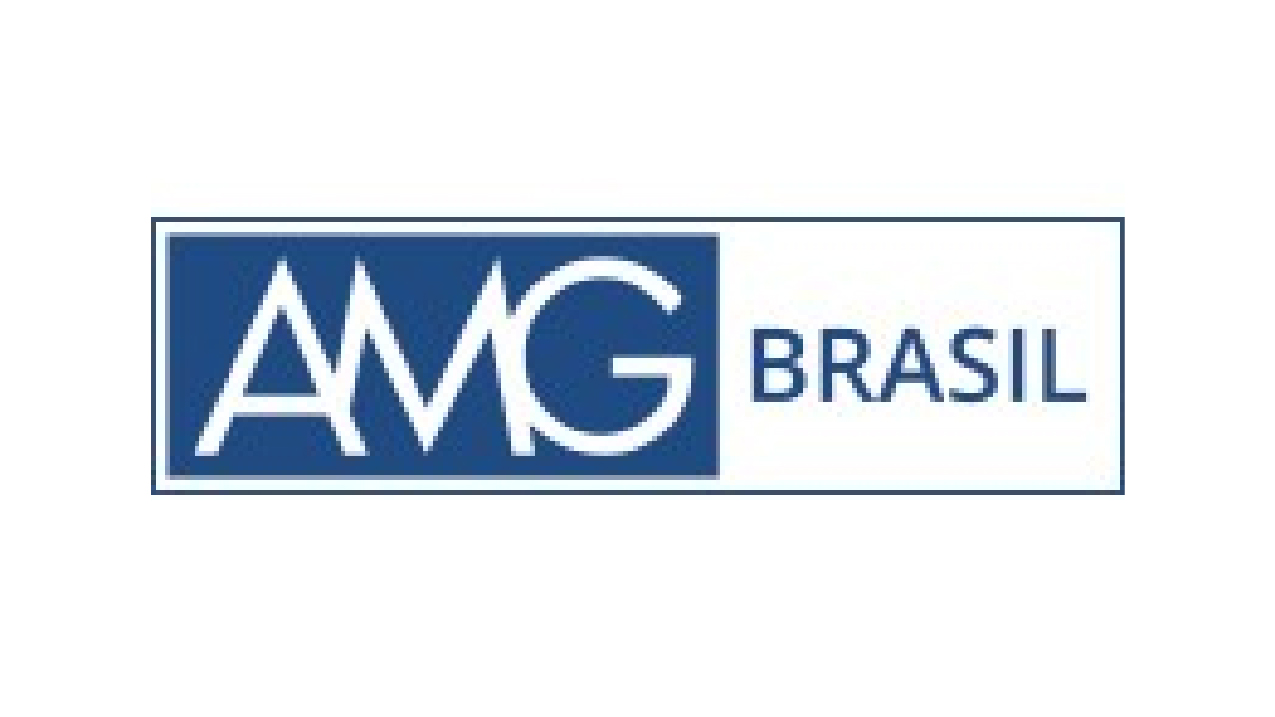
Artigos
Descubra tendências e insights sobre gestão de informações industriais nos artigos da Stor Global.

Gestão Eletrônica de Documentos
Centralize informações com um GED, evitando perdas e falhas. Aumente a produtividade e reduza riscos no seu projeto.

Códigos – Inteligência ou apenas números?
Códigos inteligentes integram sistemas, eliminando erros e silos. Adapte-se à Indústria 4.0 com automação e dados conectados!

Gestão de informações industriais – Estruturas de dados
Projetos industriais exigem integração de dados para evitar falhas. Automatize conexões e garanta eficiência do início ao fim.
Faça o download do artigo
Conheça um pouco mais sobre o trabalho desenvolvido pela STOR GLOBAL com a ferramenta STOR ALIM com um estudo de caso real aplicado no Brasil e apresentado internacionalmente